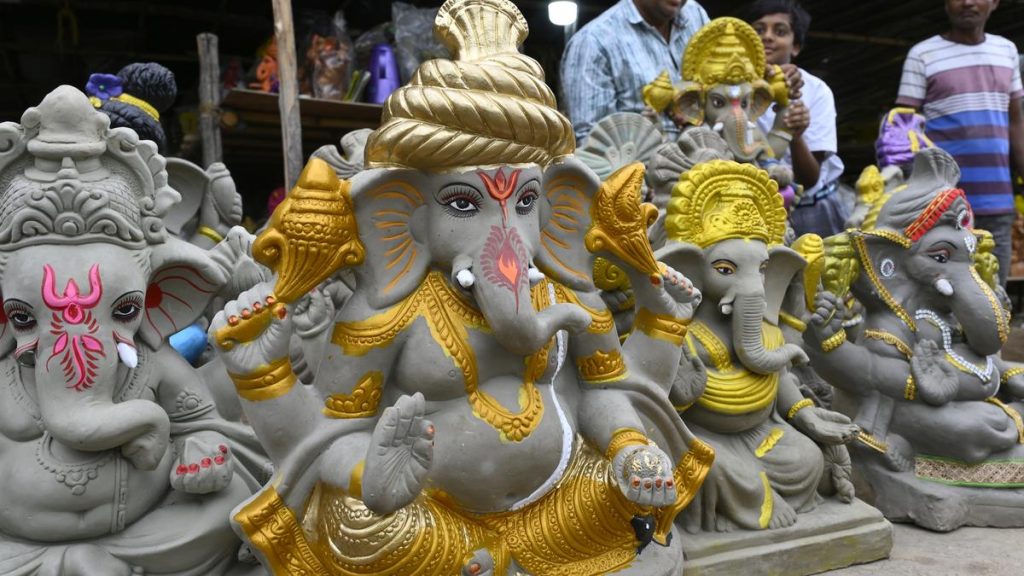Now Reading: Real Money Gaming Firms Unlikely to Challenge Ban
-
01
Real Money Gaming Firms Unlikely to Challenge Ban
Real Money Gaming Firms Unlikely to Challenge Ban

Rapid Summary:
- Two major real money gaming (RMG) firms, Dream11 and Gameskraft, announced they will comply with the promotion and regulation of Online Gaming Act, 2025, which bans “online money gaming.”
- Both companies have stated they will not challenge the law. Gameskraft expressed respect for the legislative process, while Dream11 co-founder Harsh Jain emphasized focusing on the future.
- The RMG industry has swiftly ended operations involving money games despite formal notification of the law yet to be issued by the Ministry of Electronics and Facts Technology.
- The government indicated companies would have up to a month to wind down operations and allow users to withdraw deposited money before any notification criminalizes withdrawals.
- Meanwhile, India’s video gaming industry announced plans to form a new advocacy group – Indian Game Publishers and Developers Association – aimed at separating customary video games from RMG in public discourse. founding members include Nazara Technologies, Gametion (developer of Ludo King), SuperGames, and Dot9 Games.
Indian Opinion Analysis:
The decision by leading firms Dream11 and Gameskraft not to contest the ban reflects an acknowledgment within India’s RMG sector that regulatory certainty outweighs prolonged legal disputes. Their swift compliance underscores industry’s adaptability when faced with decisive legislative action. Though, this raises questions about how businesses reliant on skill-based or fantasy sports models can transition amid stringent prohibitions targeting monetary risk-taking online.
On another front,concerns voiced by India’s video game developers highlight longstanding issues with conflating distinct forms of digital entertainment under broad regulatory narratives. By forming its own association,the traditional gaming industry seeks recognition as separate from gambling-like activities tied to real-money stakes-a move vital for sustaining creativity-driven growth in e-sports or casual gaming markets.
The government’s phased approach allowing user withdrawal aligns with protecting consumer interests but sets a precedent for careful execution in future interventions affecting digital industries. Balancing regulation against innovation emerges as key as India solidifies its position as both a digital economy leader and advocate for responsible business practices.Read more: Link.























